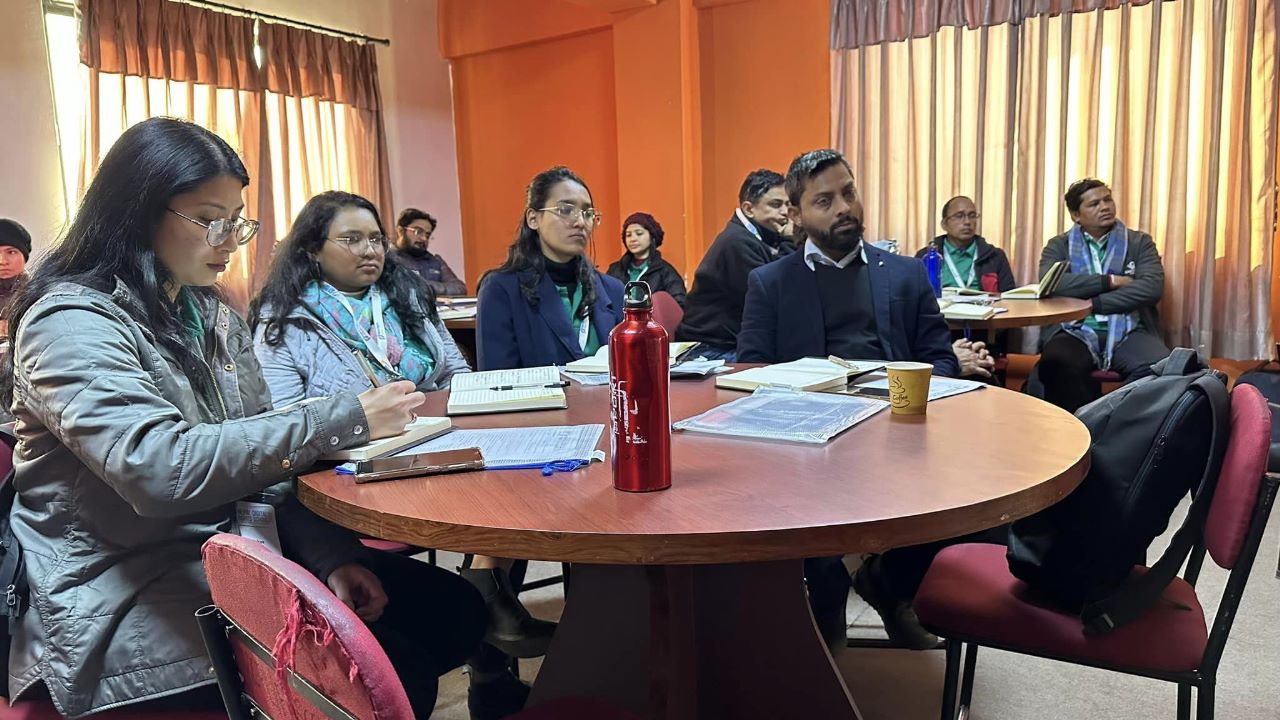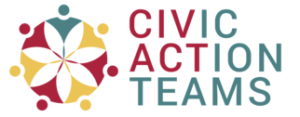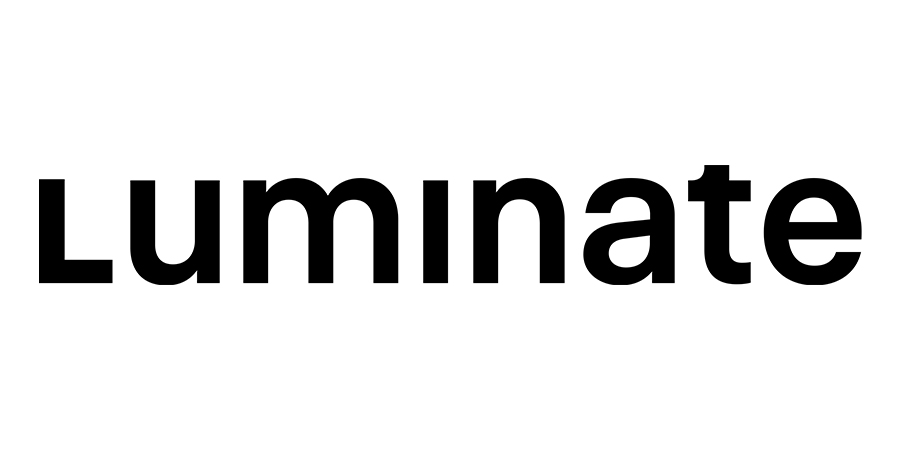
Understanding Digital Rights Across Generations
Written by: Shruti Shakya
Currently, there are two generations of Nepalis with different levels of understanding around digital rights. The first is the younger generation, who can be referred to as being “digitally native,” and the second includes those who grew up with limited exposure to digital technology. This generational gap can lead to controversies and reservations regarding the use of the internet and what should constitute digital rights. Given the prevalence of digital technology in Nepal, from access to social media to the use of e-banking services to educational or professional purposes, it is important to educate all Nepalis- irrespective of their age- on their digital rights and responsibilities. With this in mind, Digital Rights Nepal organized a two-day “Nepal Digital Rights School,” bringing together participants of all ages.
The main objective of the event was to educate participants on the positive and negative aspects of digitization in society through discussions on issues focusing on: Basics to Digital Rights, Inclusion and Connectivity, Online Freedom of Expression, Digital Security, Privacy and Data Protection, Misinformation and Hate Speech, Digital Safety and Hygiene, and Internet Governance. The sessions were led by experts working on digital rights issues.
Some of the key learnings from the sessions include:
- Digital rights are human rights: We usually neglect digital rights because the impact of their violation is not always physically visible. For instance, online abuse or harassment may not cause direct physical harm, but mental trauma and harassment should not be neglected. If any assault or harm done physically is a crime, then the same assault or harm done virtually should also be a crime. We need protection from such crimes, which are guarded under our digital rights. The act that has governed digital rights in Nepal is the Electronic Transactions Act (ETA) 2063. In this Act, Chapter 9: Offense Relating to Computer mostly states the privacy and security of personal data. Article 47 of ETA 2063 on the publication of illegal materials in electronic form states that “(1) If any person publishes or displays any material in the electronic media including computer, internet which is prohibited from publishing or displaying by the prevailing law or which may be contrary to the public morality or decent behavior or any types of materials which may spread hate or jealousy against anyone or which may jeopardize the harmonious relations subsisting among the peoples of various castes, tribes, and communities shall be liable to the punishment with the fine not exceeding One Hundred Thousand Rupees or with the imprisonment not exceeding five years or with both. (2) If any person commits an offense referred to in Sub-section (1) from time to time, he/she shall be liable to the punishment for each time with one and one-half percent of the punishment of the previous punishment.” Even our constitution governs our digital rights through Article 28: Right to Privacy Act.
- Freedom of expression comes with responsibility: Social Media is a platform where we can share anything we like or dislike. We can share our opinions freely, but this does not mean that we can share contents that have the potential to negatively affect others. Despite our right to have and express individual opinions, we need to be responsible “digital citizens” by being mindful of the content we share. This is specifically important presently when there is so much misinformation online. It is each individual’s responsibility to check the source of any information before putting them out in the digital world. Since the development of the internet, it has been a source of knowledge for everyone. The information we get is quick and easy. But, the rise of easy access has also given rise to fake information. We come across many different news stories in our feeds, and we trust them blindly without any confirmation. So, we should be careful about the news that we see on the internet and validate them before sharing it with anyone. We need to check the sources, time, and date of the news. The best way to avoid fake news is to wait for authentic sources to confirm the news than to blatantly follow any of the social media sources.
- The Internet has both pros and cons: While the internet can be a valuable space to get new information, it is also important to be wary of how the space can be misused. For instance, whenever we go to some place or search for something, related topics are suggested in the feeds of our social media. This means that the internet keeps tabs on all the activities we do on the online platform. It is also common for people to keep their GPS on while traveling or when posting about their daily activities. Sharing such information makes it easy for scammers and hackers to access our information. There is a vast difference between secrecy, privacy, and confidentiality. Secrecy is something that we do not want to share with the world, privacy is something that we want to keep to ourselves only, and confidentiality is something that is between two or more people and cannot be shared without mutual consent. It is okay to share our interests on social media, but we have to be aware of what is secret, private, and confidential to us. One thing that stood out to me was the toothbrush theory. This theory suggests that in the physical world, we do not like to share our toothbrushes with anyone, not even our closest friends, for reasons of sanitation and hygiene. In the same way, we are not ought to share any private information with anyone in the virtual world for our well-being.
In conclusion, the gap in digital understanding between Nepalis from different generations can lead to controversies and reservations regarding digital rights. However, it is important to educate all Nepalis on their digital rights and responsibilities, regardless of age. The rise of easy access to the internet has given rise to fake information, which we should be careful of. We are responsible for the content in our social media feeds, as well as the access that hackers and scammers may have to our personal information. It is crucial to exercise caution when sharing information online and to be mindful of the potential risks that come with blindly trusting sources, posting too much personal information, and allowing apps to access our contacts and messages. By being more mindful about what we share and how we share it, we can better protect our personal data and ensure a safer online experience. By educating ourselves on these issues and becoming responsible digital citizens, we can navigate the digital world more safely and securely.





